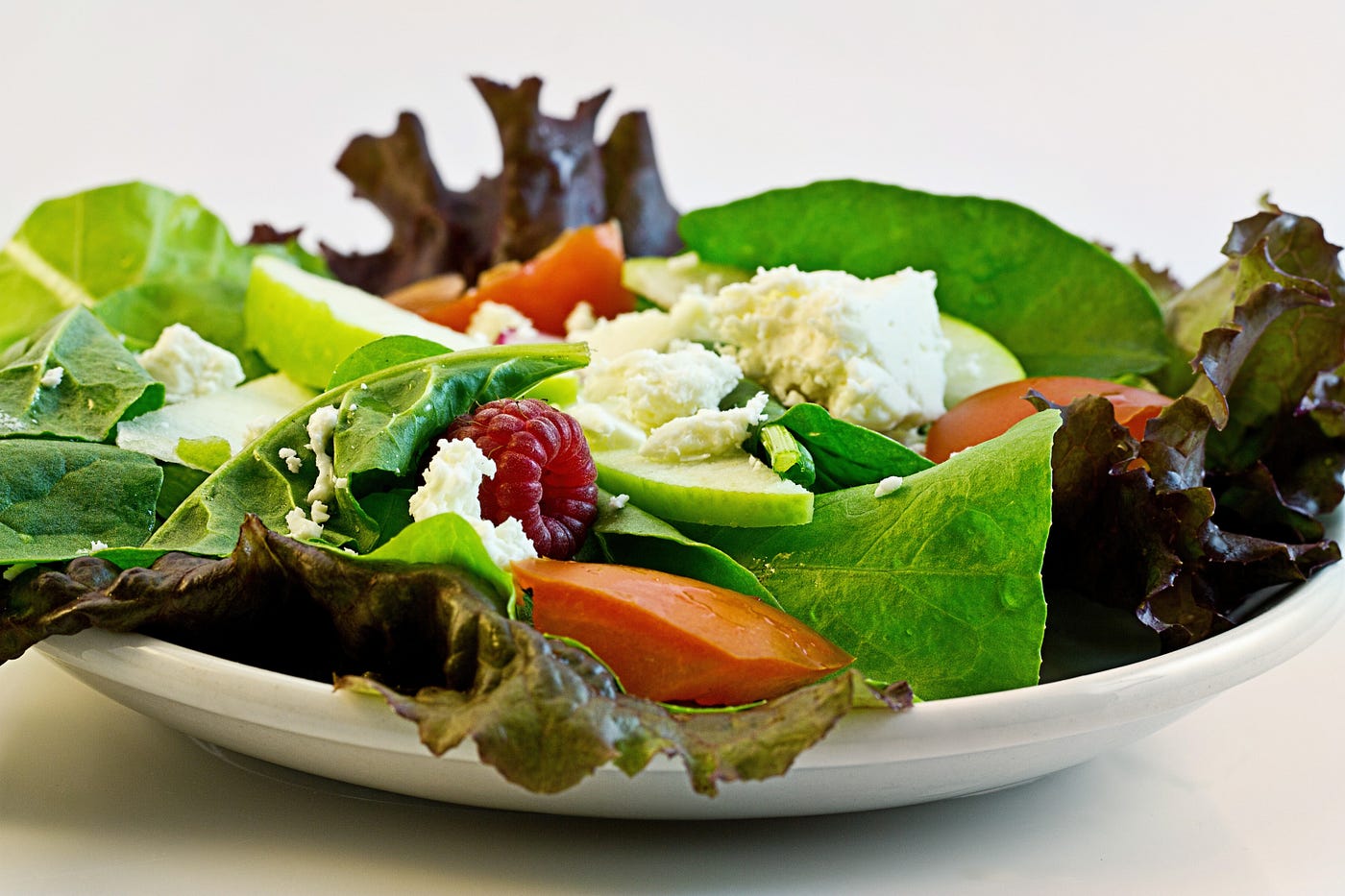Mastering Portion Control: Tips for Healthy Eating
Portion control is crucial to maintaining a healthy diet. It involves eating the right amount of food to meet your nutritional needs without overeating. Mastering portion control can help you manage your weight, prevent overeating, and improve your overall health. In this article, we'll explore practical tips to help you master portion control and achieve your health goals. Shop Now.
Why Portion Control Matters
Portion control is important because it helps you manage your calorie intake. Eating larger portions than your body needs can lead to weight gain over time. By controlling your portion sizes, you can prevent overeating and maintain a healthy weight. Portion control also helps you listen to your body's hunger cues and eat mindfully.
Understanding the importance of portion control can help you make healthier food choices and prevent overeating. By paying attention to your portion sizes, you can maintain a healthy weight and reduce your risk of chronic diseases such as diabetes, heart disease, and stroke.
Understanding Portion Sizes
To master portion control, it's essential to understand what constitutes a serving size. A serving size is the amount of food recommended by health experts for one person. It's often listed on food labels and can vary depending on the type of food. For example, a serving of pasta is typically one cup, while a serving of meat is about the size of a deck of cards.
Learning to visualize serving sizes can help you control your portion sizes without having to measure everything you eat. For example, a serving of meat should be about the size of a deck of cards, a serving of cheese should be about the size of a pair of dice, and a serving of pasta should be about the size of a tennis ball.
Tips for Portion Control
- Use Smaller Plates: Using smaller plates can help you control your portion sizes. Research shows that people tend to eat less when they use smaller plates, as it tricks the brain into thinking they are eating more than they actually are.
- Measure Your Food: Use measuring cups or a food scale to measure your food portions. This can help you become more aware of how much you're eating and prevent overeating.
- Practice Mindful Eating: Eat slowly and pay attention to your food while you're eating. This can help you enjoy your food more and recognize when you're full, preventing overeating.
- Avoid Distractions: Eating in front of the TV or computer can lead to mindless eating. Instead, eat at a table without distractions so you can focus on your food and how much you're eating.
- Plan Your Meals: Plan your meals in advance and portion out your food ahead of time. This can help you avoid overeating and make healthier food choices.
- Listen to Your Body: Pay attention to your body's hunger cues and eat only when you're hungry. Avoid eating out of boredom or emotion, and avoid stress.
- Limit Liquid Calories: Beverages like soda, juice, and alcohol can be high in calories. Limiting your intake of these beverages can help you control your calorie intake.
- Fill Up on Fiber: Foods high in fiber, such as fruits, vegetables, and whole grains, can help you feel full and satisfied. Include these foods in your meals to help control your portion sizes.
Portion Control at Home
When eating at home, there are several strategies you can use to control your portion sizes:
- Use a Kitchen Scale: Weighing your food can help you accurately measure your portions.
- Divide Meals in Half: If you're served a large portion, divide it in half and save the rest for later.
- Serve Food in the Kitchen: Instead of serving food family-style at the table, serve individual portions in the kitchen to avoid overeating.
Portion Control When Eating Out
When dining out, it can be challenging to control your portion sizes. However, there are several strategies you can use:
- Share a Meal: Split a meal with a friend or family member to reduce your portion size.
- Order Appetizers or Side Dishes: Instead of ordering a full entree, opt for an appetizer or side dish.
- Ask for a To-Go Box: If your meal is served in a large portion, ask for a to-go box and save the rest for later.
Conclusion
Mastering portion control is an essential part of maintaining a healthy diet. By understanding portion sizes, practicing mindful eating, and using practical tips, you can control your portion sizes and improve your overall health. Remember, it's not just what you eat but how much you eat that matters. Start implementing these tips today to master portion control and achieve your health goals.
If you're looking for foot problem solutions, click here.

Comments
Post a Comment